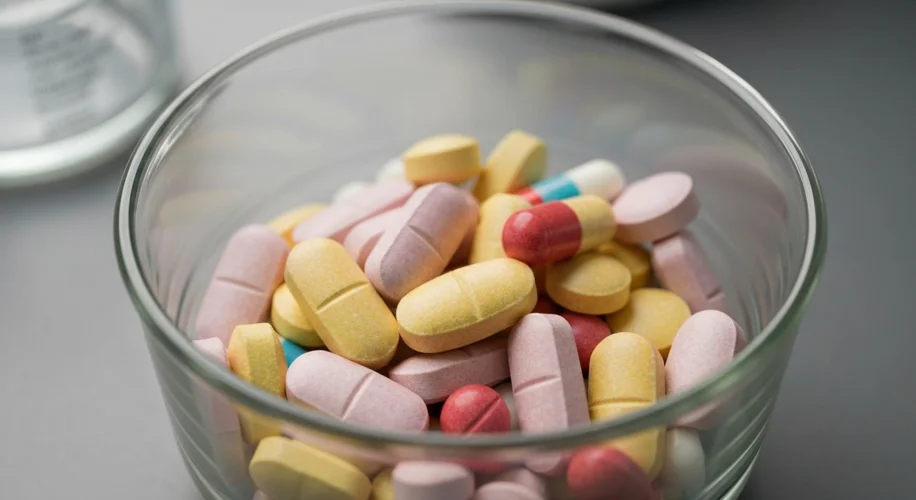Did you know that those common painkillers in your cabinet, like ibuprofen, might be contributing to a serious global health threat? It sounds surprising, but new research suggests a link between widely used non-antibiotic medications and the rise of antibiotic-resistant bacteria, often called superbugs.
Let’s talk about antimicrobial resistance (AMR). This is a growing problem where bacteria, viruses, fungi, and parasites no longer respond to medicines, making infections harder to treat. The World Health Organization calls it one of the biggest threats to global health, food security, and development today.
Now, you might be thinking, “How could a painkiller possibly affect bacteria’s resistance to antibiotics?” It’s not that ibuprofen itself kills bacteria or makes them resistant directly. Instead, the study published in Nature suggests that these medications, when present in the environment, can create conditions that help bacteria develop resistance more easily. Think of it like this: it’s not the medicine directly fighting the bacteria, but rather the indirect effects it has on the environment where bacteria live and evolve.
Specifically, the research looked at Escherichia coli (E. coli), a common bacterium. When exposed to non-antibiotic medications like ibuprofen, E. coli showed an increased ability to develop resistance to antibiotics. This happens because these medications can stress the bacteria, prompting them to activate defense mechanisms that also help them survive antibiotic attacks. It’s a bit like a false alarm that trains the bacteria for a real threat.
Why is this important? Well, E. coli can cause a range of infections, from urinary tract infections to more serious conditions. If these bacteria become resistant to antibiotics, treating these infections becomes much more challenging, potentially leading to longer illnesses, more hospitalizations, and even death. The overuse and misuse of antibiotics are already major drivers of AMR, but this new understanding adds another layer to the complexity.
So, what does this mean for us?
- Awareness is key: It highlights the interconnectedness of our health and the environment. Even medications we use for everyday ailments can have unforeseen consequences.
- Responsible use: While ibuprofen is generally safe and effective when used as directed, this research underscores the importance of only using medications when truly necessary and at the recommended dosages.
- Environmental impact: The presence of pharmaceuticals in our wastewater and environment is a growing concern, and this study points to another reason why managing pharmaceutical waste is crucial.
This isn’t about stopping the use of essential medications. It’s about understanding the broader impacts and encouraging a more mindful approach to healthcare and environmental stewardship. As we continue to learn more about how our actions affect the microbial world around us, informed choices become even more vital for safeguarding our future health.

